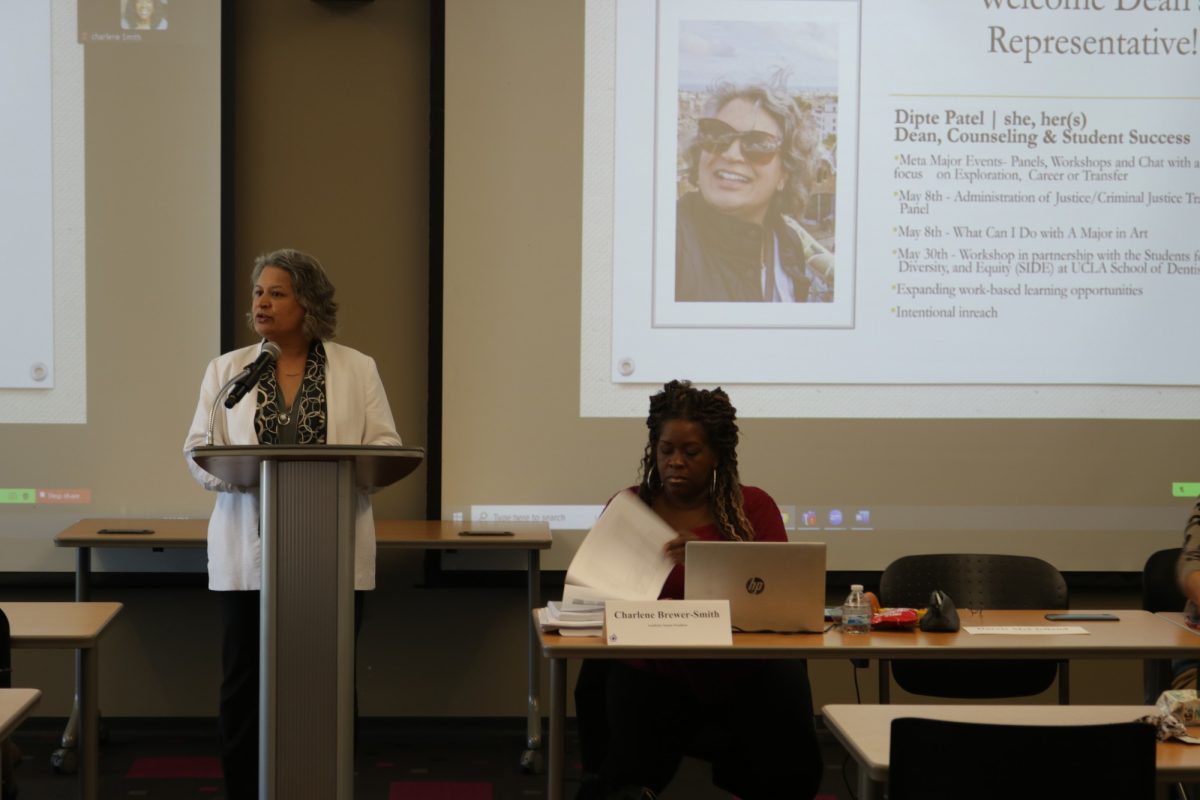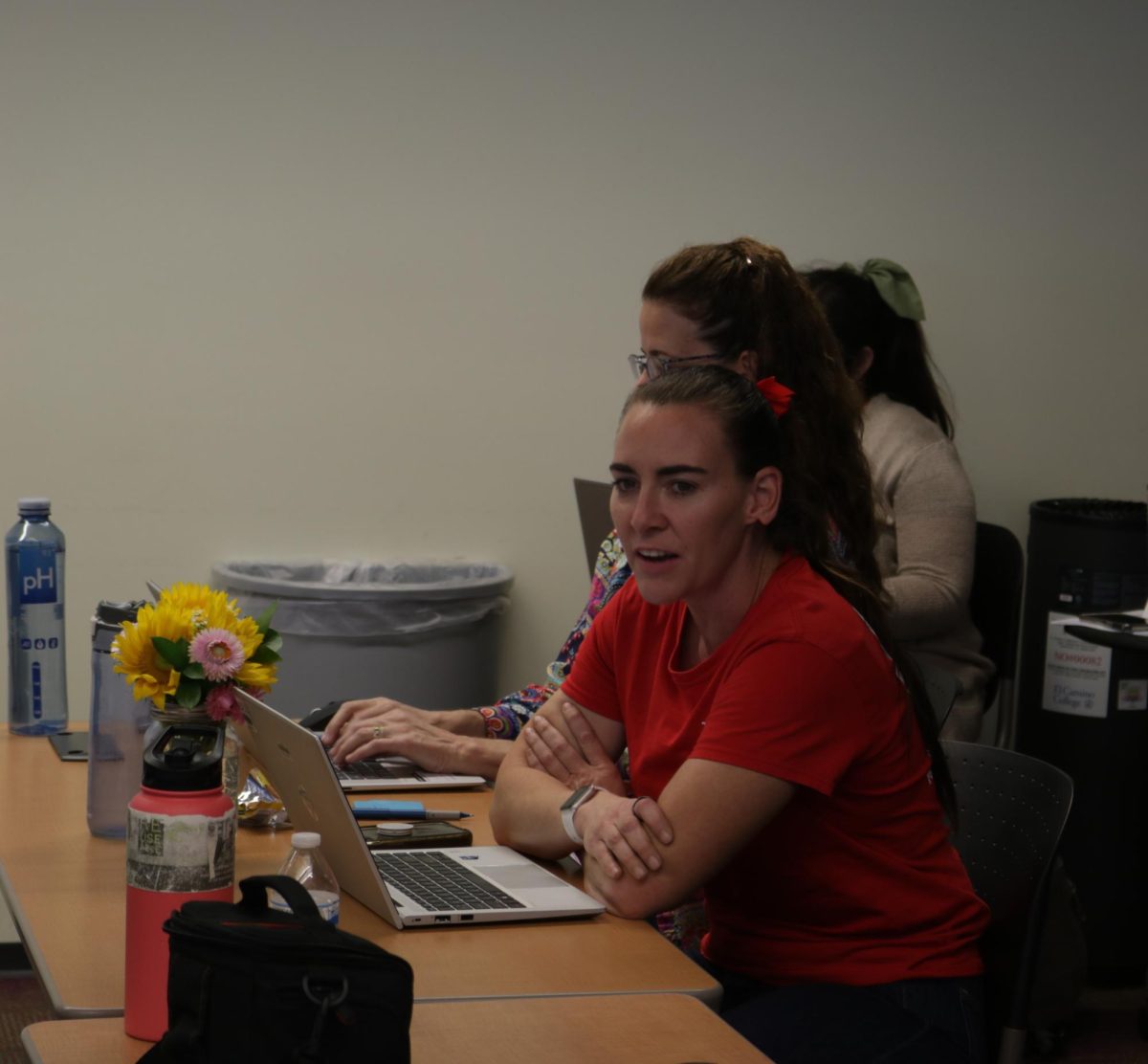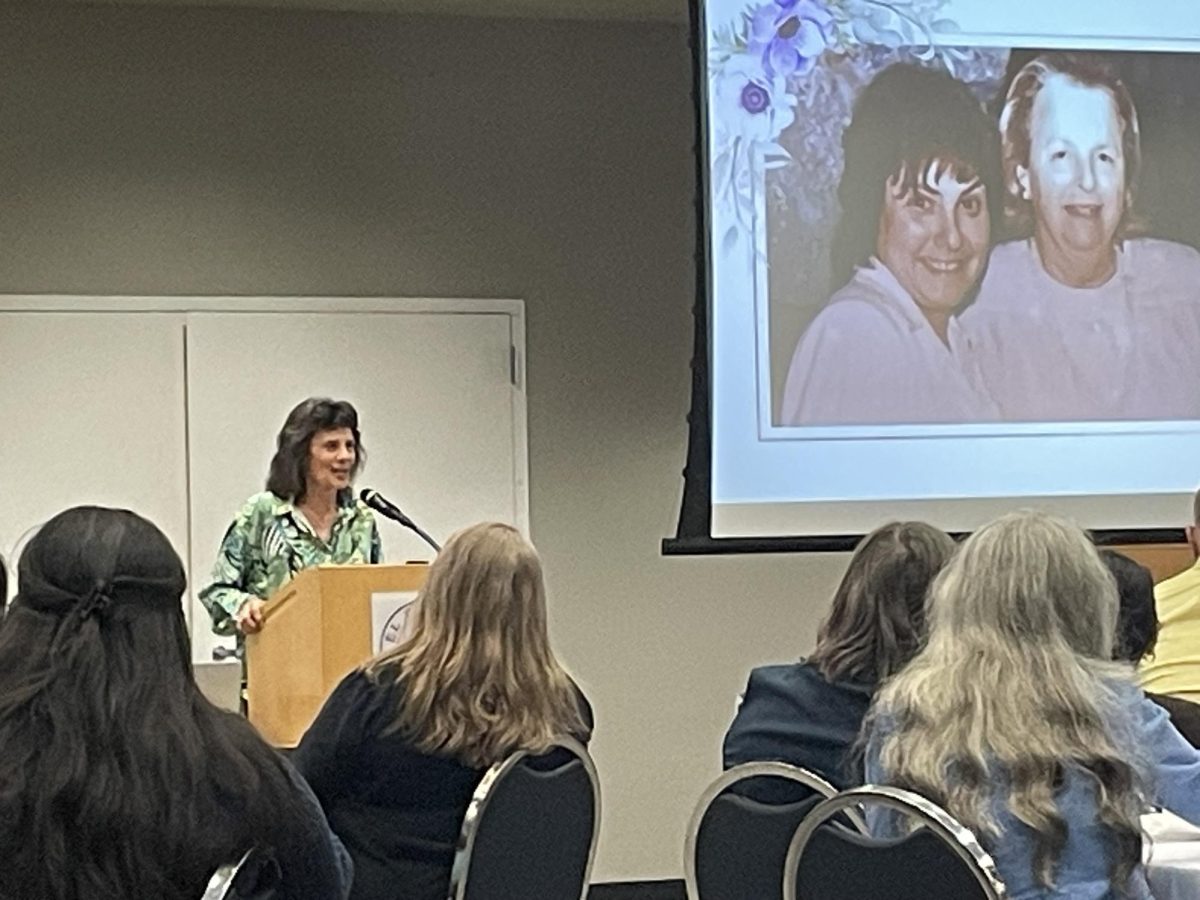Some have said that the presidential race of 2008 is possibly the most important election in the existence of the United States.
The country has never seen anything like it: The first African-American to win the nomination of a major party’s ticket, the second woman to be nominated as a major party’s vice president, and all this at a point when an unforgettable era is coming to an end.
“It is a critical race because of the fact that we could be electing the first African-American as our president. It has already been a historic election because a major political party in the United States has chosen an African-American as its nominee so it is historical in that sense,” P.J. Gagajena, political science professor, said.
African-American leaders like Jesse Jackson have run, but have not come close to the success that Sen. Barack Obama, D-Ill., has had winning the Democratic nomination.
By winning the Democratic primary election, Obama has broken what many people have seen as enormous barriers.
However, people will often lie to pollsters about race and those who base their vote on race will not give that information or lie about it as well.
“We saw this here in California in the governor’s race with Tom Bradley, an African-American, and George Deukmejian,” Edna Antoine said. “The polls showed Bradley was going to win and in the election, but people just didn’t actually vote for him.”
Bradley ran against Republican Deukmejian in 1982 and 1986 and lost both times. Bradley was leading in the polls up until election day, but lost by a 49 percent to 51 percent margin, according to California Progress Report.
This discrepancy is now known as the “Bradley effect,” in which white voters tell pollsters they will vote for a black candidate or are undecided, but instead vote for their opponent in the privacy of the ballot box.
Some, however, disagree with the assumption that people will vote based on race.
“I don’t think it matters that he’s black. I think the way he presents himself to America is beyond race,” Steven Blalock, 20, said.
Other students feel as though the differences in this election are something for America to be proud of.
“I hear about these things happening in the past and I wonder if I will be part of history. Now I feel like I’m actually a part of something, like I’m a part of change in this country. It’s something we should be proud of,” Divamar Macias, communications major, said.
With the Republican’s there is Sen. John McCain, R-Ariz., and Gov. Sarah Palin as the second woman in history to be nominated as vice president.
McCain’s choice for his running-mate surprised the media and most people who have been following the race.
Palin was the mayor of Wasilla, Alaska before she became governor of that state.
All sorts of speculation has ensued; some say she was picked to attract those who voted for Hillary Clinton, match Obama’s historic race, or to shore up the Republican base.
“Strategically, it was important for the Republican party to choose someone who was socially conservative like Sarah Palin and someone who symbolized reform, which I think is a major theme of John McCain and the Republican party right now,” Gagajena said.
During Hillary Clinton’s campaign for the Democratic presidential nomination, her supporters said she was being unfairly criticized because she was a woman.
Currently, Palin supporters are saying the same thing about their candidate.
“In terms of leadership positions in politics, we can certainly see more men then women participate, but we’re seeing that balance tip,” Gagajena said. “I think there is an increase of women taking on leadership positions and becoming political candidates and that is a positive sign.”
Some students, however, feel that gender is playing overplayed and taking away from the value of the election.
“I’m offeded because now the focus is on remarks Obama made, not about how he wants change. I think this turned into a man vs. woman issue, not the presidency, even though Palin isn’t even running for president,” Stephanie Alcorn, communications major, said.
Others see the election charged with racial and sexist undertones.
“We are more embarrassed to be racist than we are to be sexist,” Antoine said. “I always did argue in my classes that we would have a black president before a female one.”
Some, on the other hand, feel that the election will depend on age, not gender.
“I think it was smart of McCain to get a woman for his campaign, but I think it depends on age, not gender. Older people will probably vote for McCain because he’s does things in a more old-fashioned, but younger people will probably vote for Obama because he’s more modern,” Steven Manduke, history major, said.






